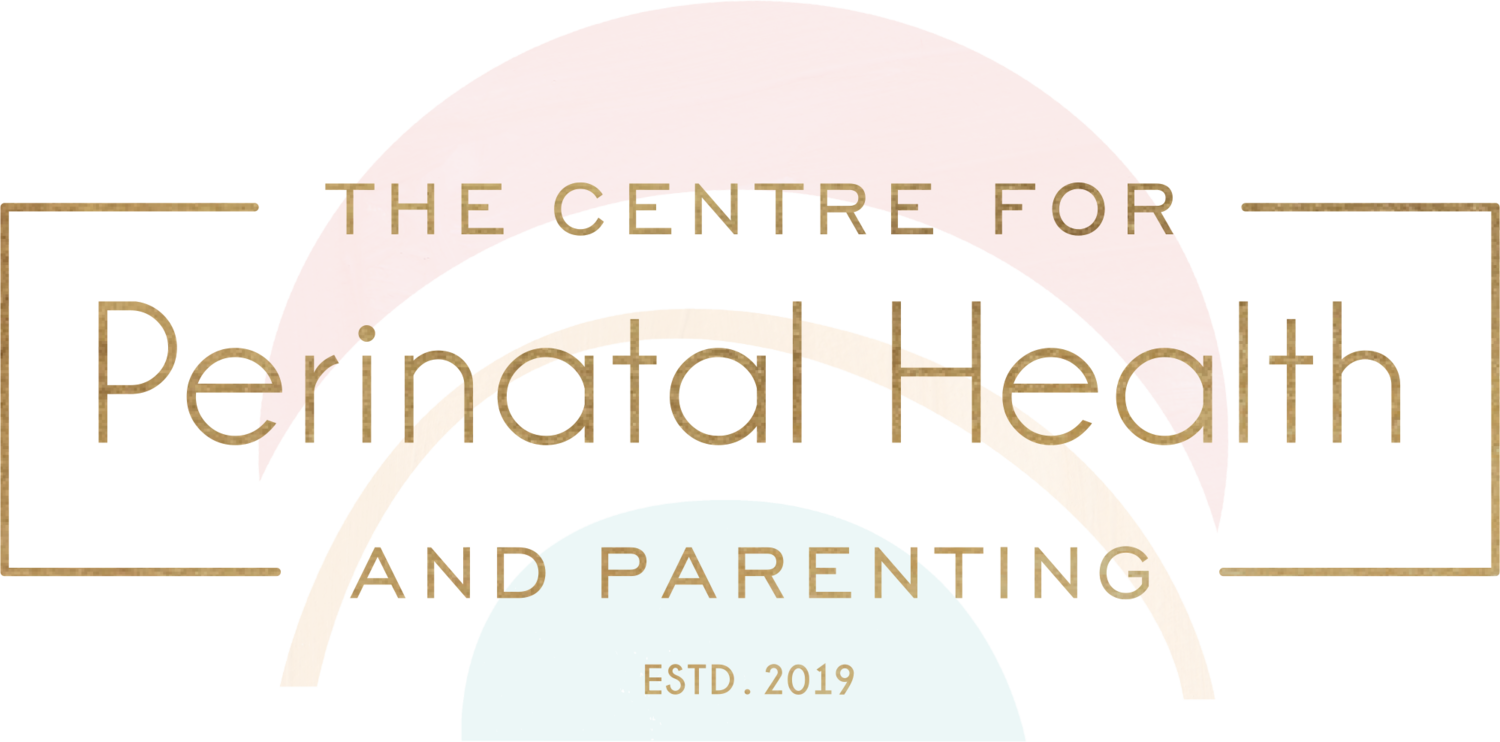The Impact of Mental Health During Pregnancy & Beyond
Mental health disorders can make it extremely difficult for new and expectant mothers to get through the day, let alone manage during pregnancy, respond to the needs of their infant or attend to other children.
Research outcomes from Beyondblue have revealed that many depressed mothers describe feeling no joy. Instead, they feel like they are down a black hole, numb, detached, alone and/or unable to cope or interact with their baby or their life. The sense of hopelessness can often feel overwhelming.
"All I wanted to do was to just crawl into bed and stay there, on my own, and everyone to go away - including my baby and my mum."
Those experiencing anxiety describe constant inner turmoil, overwhelming fear, constant worry that something is wrong with their baby and a disconnection between mind and body.
"I was very scared, I gradually lost the plot completely - constant panic, I thought I was going to die - and that they would lock me up and take away my baby."
Not only are these disorders highly debilitating for the mother, but mental health conditions can have widespread effects on the developing foetus/baby and mother's partner.
The Impact of Mental Health Disorders on the Father
New and expectant fathers are also at significantly greater risk of becoming distressed at this time.
Fathers living with, and supporting their wife/partner with a mental health disorder, are at increased risk of developing depression or anxiety themselves. Many fathers describe experiencing grief and loss due to losing the emotional connection with their wives or partners and by not experiencing the joy of being a new father.
"The person I had known for years was just gone...she didn't respond to me or anyone."
New dads can experience postpartum depression, too. They may feel sad or fatigued, be overwhelmed, experience anxiety, or have changes in their usual eating and sleeping patterns ― the same symptoms mothers with postpartum depression experience.
Fathers who are young, have a history of depression, experience relationship problems or are struggling financially are most at risk of postpartum depression. Postpartum depression in dads ― sometimes called paternal postpartum depression ― can have the same negative effect on partner relationships and child development as postpartum depression in mothers can.
What to Look Out For
For families who feel that any of the above strikes a chord for them and that they or a loved one are struggling with any of the following, perhaps it is time to seek assistance:
lowered mood and/or mood swings
excessive crying
withdrawing from family and friends
difficulty bonding with the baby
loss of appetite or eating much more than usual
difficulty sleeping or sleeping too much
overwhelming fatigue or loss of energy
reduced interest and pleasure in activities you used to enjoy
intense irritability and anger
sense of hopelessness
feelings of worthlessness, shame, guilt, inadequacy
diminished ability to think clearly, concentrate or make decisions
heightened anxiety and/or panic attacks
thoughts of harming yourself or your baby
recurrent thoughts of death or suicide
Where to Ask for Help
The very first place to ask for help is either your GP or obstetrician, or simply to present to any emergency department and talk about how you are feeling.
After careful assessment, the doctor will likely do one of three things:
complete a mental health care plan (MHCP), which will enable you to receive regular counselling sessions with a psychologist/mental health clinician utilising Medicare benefits, or
write a referral to a psychiatrist, or
write a referral to an in-patient facility- ie. hospital or mother-baby unit
After discussion with your doctor, you may or may not decide to commence medication also. Anti-depressant or anxiolytic (anti-anxiety) medication may be prescribed by a psychiatrist, obstetrician, or your GP.
Throughout Australia there are many mother baby units (MBUs) that may also be suitable for this purpose. MBUs often provide assistance with 24/7 support, which may include access to psychiatrist, paediatrician, psychologist, maternal & child health nurse, mental health nurse and family therapist. A stay of 1-2 weeks may be required to enable the mother to rest, receive treatment for depression or anxiety, learn some parenting strategies, attend group therapy sessions to learn about their condition, and gain parenting confidence.
For women who experience severe depression, anxiety, or other mental health conditions, admission to hospital may be required for monitoring and treatment. A number of hospitals have mental health facilities that are utilised for this purpose and can be just the support and rest mother’s need when things become overwhelming or life-threatening.
What You & Your Partner Can Do in Recovery
• Have regular time to talk and listen to each other without distraction, about your day, how you are feeling and what you might be concerned about. Adjustment to your new roles will take many months – share the learning.
• Have enjoyable time together as a couple, away from the baby occasionally.
• Have supportive relationships with friends and family, as a couple and as individuals.
• Make sure you eat well, participate in regular exercise, and have adequate sleep.
